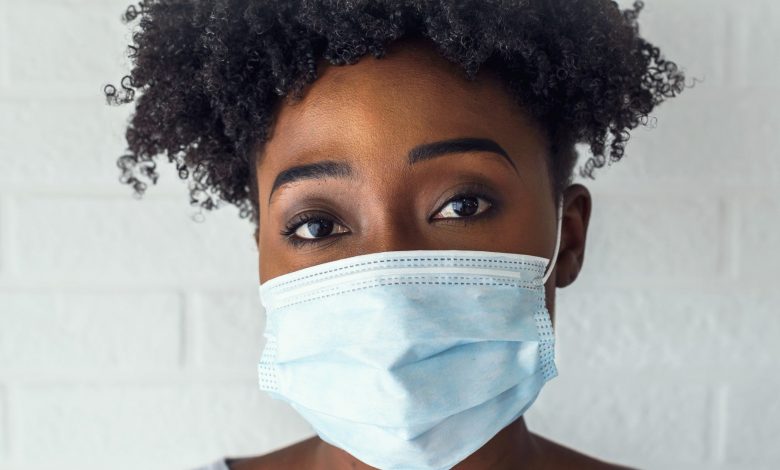Distrust Among Sierra Leone’s Urban Dwellers Over COVID-19 Safety Rules But Rural Dwellers Comply – Survey

In market places, bus queues as well as slum communities in Freetown’s Western urban and Western rural, social distancing and wearing of face mask recommended by WHO to check the spread of COVID-19 are almost non-existent, a situation causing big concern for the government COVID-19 response team and health workers.
A survey carried out by the Institute for Governance Reform showed that 90 per cent of Freetown dwellers were aware that social distancing and masking up are two of the World Health Organisation (WHO’s) five COVID-19 preventive measures but refuse to comply.
Many deliberately do not use the face mask or observe social distancing, while people residing in rural communities observe the preventive protocols and this is the reason confirmed cases are much higher in Freetown than in rural communities, the study showed.
Harold Thomas, the Risk Communication Lead at the Emergency Response Center, explained that in rural communities people respected and obeyed laws passed by local authorities as they were seen as custodians of their various localities, while in Freetown law enforcers sometimes turned a blind eye in fear of protecting their jobs or displaying partiality in executing their duties.
Some Freetown residents in market places and deprived communities told HumAngle that COVID-19 was not real but a ploy by WHO to influence governments to encourage population decrease, especially in countries with huge populations and poor developing countries still struggling to meet the Sustainable Development Goals.
Osman Conteh, a small business entrepreneur in electrical services in the Central Business District of Freetown, said COVID-19 was all about politics, adding that both the ruling party and the opposition were playing games with people’s lives amidst the present economic situation in the country.
Aminata Barnes who sells cosmetics said that some of the government officials did not use face masks and despite the temporary closure of entertainment spots, most people, including the ‘big fishes’ go partying without masking up or observing social distance.
Concerning entertainment spots being crowded on weekends, the Director of Tourism at the Ministry of Tourism and Culture, expressed concern over the negligent behaviour of law enforcers attached to beach sites and who allowed people to party ignoring all COVID-19 protocols in public view.
Meanwhile, the Sierra Leone Police issued a press Release cautioning members of the public that the country was in a State of Public Health Emergency and that all rules and regulations surrounding COVID-19 were still in operation and that defaulters would be punished.
A Road Safety Corps agent, Sergeant Williams, told HumAngle some arrests had been made by the Sierra Leone Road Safety Authority of drivers and passengers of commercial and private vehicles, including tricycles, plying various routes in Freetown and other regions.
Support Our Journalism
There are millions of ordinary people affected by conflict in Africa whose stories are missing in the mainstream media. HumAngle is determined to tell those challenging and under-reported stories, hoping that the people impacted by these conflicts will find the safety and security they deserve.
To ensure that we continue to provide public service coverage, we have a small favour to ask you. We want you to be part of our journalistic endeavour by contributing a token to us.
Your donation will further promote a robust, free, and independent media.
Donate HereStay Closer To The Stories That Matter




